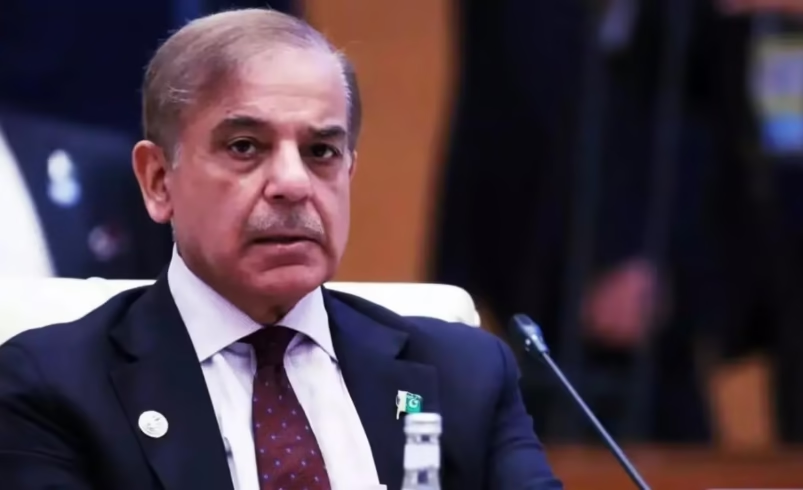Pakistan’s Prime Minister Calls for Peace Talks with India Amid Ongoing Tensions
- June 26, 2025
- 0

Pakistan’s Prime Minister Shehbaz Sharif has extended an invitation to India for peace talks, emphasizing the need to address longstanding issues between the two nations. This proposal was made during a conversation with Saudi Crown Prince Mohammed Bin Salman, highlighting the importance of resolving disputes such as Jammu and Kashmir, water rights, trade barriers, and terrorism. Sharif’s call for dialogue underscores Pakistan’s desire to find a peaceful resolution to these complex issues that have historically strained relations with India.
The offer comes at a time of heightened tensions following a recent attack in Jammu and Kashmir, which has further complicated the already fragile relationship. India has maintained that any discussions should prioritize the status of Pakistan-occupied Kashmir and the cessation of cross-border terrorism. The Indian government insists that meaningful dialogue can only occur if Pakistan takes concrete steps to dismantle terrorist networks operating within its borders.
The historical context of these tensions dates back to the partition of British India in 1947, which led to the creation of India and Pakistan as separate nations. The region of Jammu and Kashmir has been a flashpoint for conflict ever since, with both countries claiming it in full but controlling only parts of it. Water disputes also play a significant role in bilateral relations, as both nations rely on shared river systems for agriculture and drinking water.
Trade between India and Pakistan has been limited due to political disagreements, impacting economic growth and development in both countries. The potential for increased trade could benefit millions on both sides of the border, providing a strong incentive for resolving these issues.
In summary, Prime Minister Sharif’s call for peace talks represents an opportunity for both nations to engage in constructive dialogue aimed at achieving lasting peace and stability in the region. However, significant challenges remain, requiring both sides to demonstrate flexibility and commitment to resolving their differences.